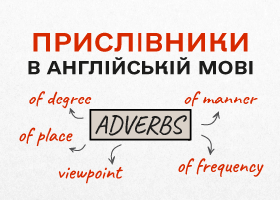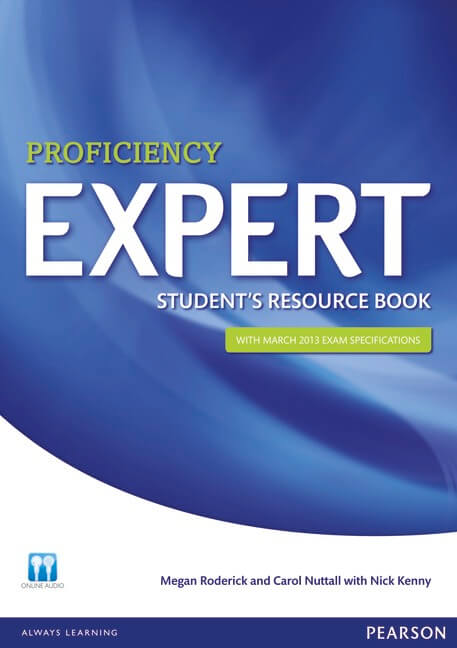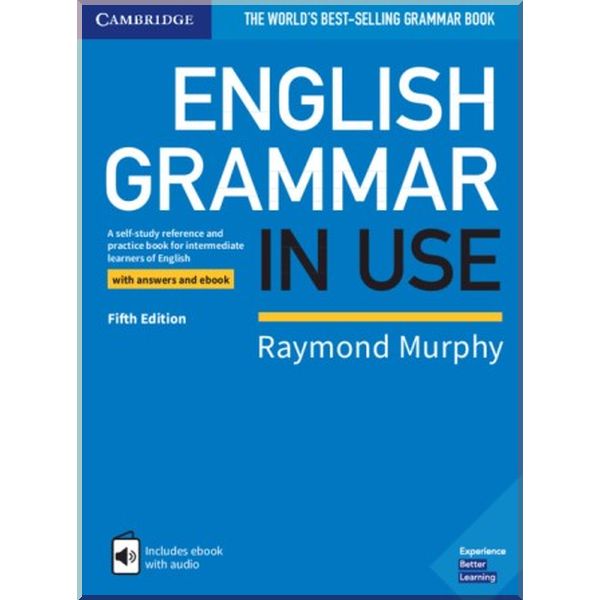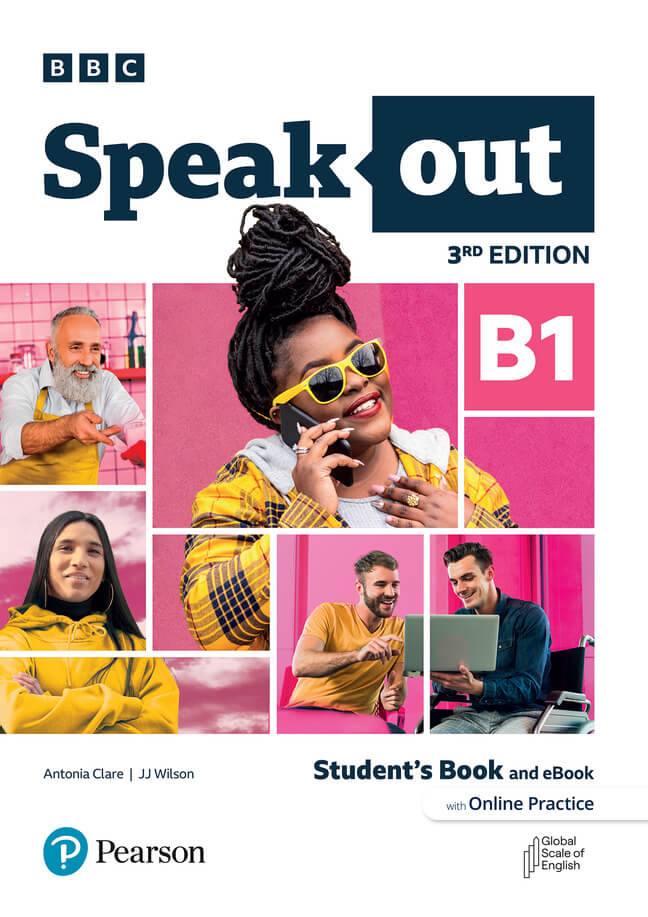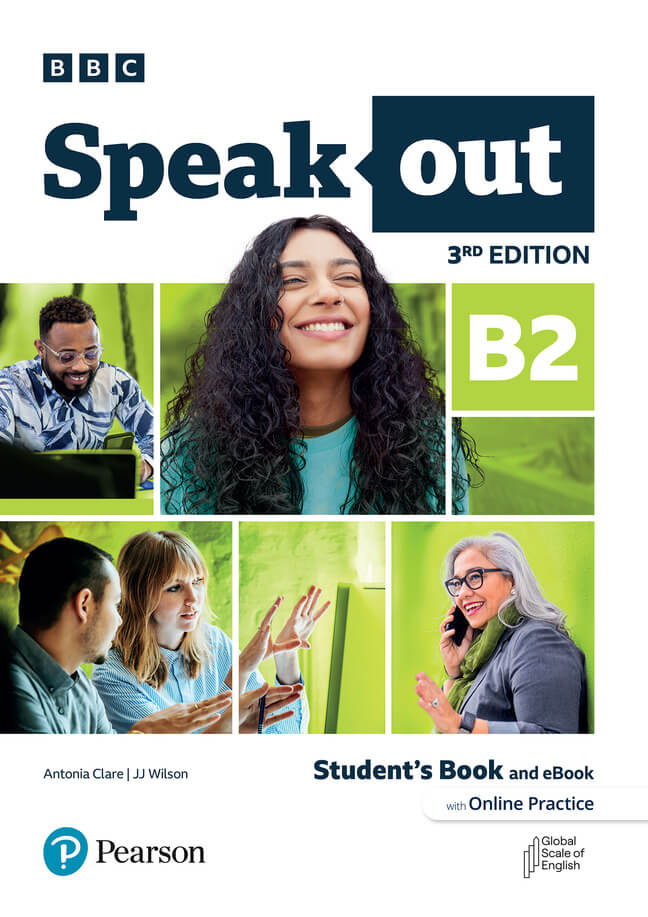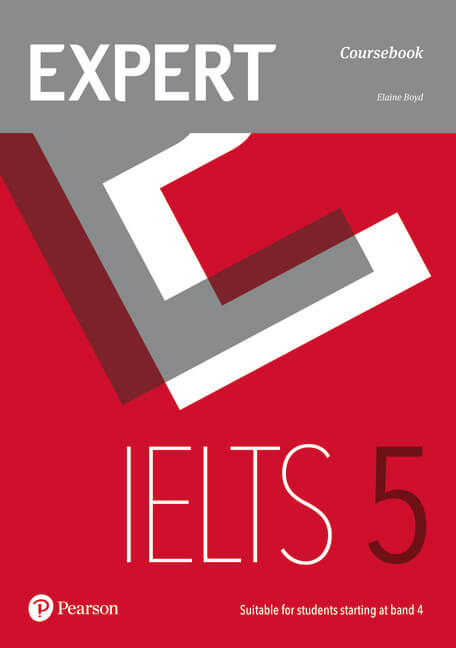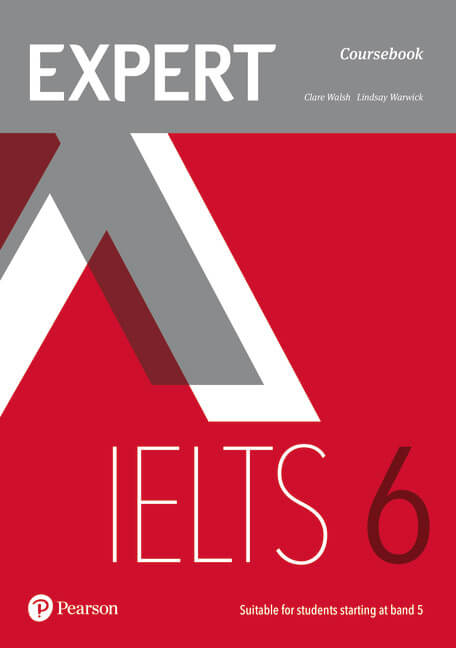How to choose an English textbook: a review of the best books for learning English for adults
Oleksandra Kulish
Book expert
Today, no one would argue about the importance of learning English — there is no doubt about its usefulness and significance. You need English to study, travel, read books, or even read tweets from foreign leaders! In addition, it is the key to career growth, as most employers require above-average language skills. Therefore, proficiency in English (and not only English) is a necessity and even a duty in today's world!
However, do we always have the time, desire, and energy for this? Let's face it, not always. After a hard day, we are simply exhausted, and all we want is to relax. However, you can combine business with pleasure, namely by reading quality literature in English, enjoying yourself and improving your language skills at the same time! Of course, classical literature is best suited for this, as it has earned its status for good reason. It has everything you need: an interesting plot, a quality storyline and correct language. All that remains is to choose a book that is right for you. And that is exactly what we are going to do together today!
Self-study: how to choose a book of English literary classics?
First of all, assess your level of knowledge. Start with books that match your level of language proficiency. For beginners, simplified texts with adapted vocabulary and educational exercises are suitable — there is specially prepared literature with simplified text for those who are learning the language.
Consider your interests and genre. Choose books that suit your preferences. For example, if you like science fiction, look for works in this genre. Interest in the topic contributes to better assimilation of the material. Fiction not only helps to expand your vocabulary, but also allows you to have a good time. Choose between printed and electronic books depending on your needs.

How to effectively read books by English classic authors to learn English: tips for adults
Here are some tips to help you read not only interestingly but also effectively:
- Read regularly, but in small portions. Even 10-15 pages a day will help you develop a habit.
- Work with new words. Keep a vocabulary list, but don't translate every word through a translator as you read, only to forget it immediately. Always try to understand the context first.
- Use audiobooks. Combining reading and listening helps you get a feel for the correct pronunciation and intonation.
- Take notes. Write down interesting expressions, phrasal verbs, and idioms. This greatly speeds up memorisation.
- Reread your favourite passages. This reinforces grammatical structures and vocabulary in your memory.
Remember that even 2 pages are better than 0. So don't shy away from even 5 minutes of reading if you don't have much time on a given day.
Which English textbook should you choose to study alongside reading English classics?
Of course, learning English by reading classic books is good, but don't forget the basics — grammar, vocabulary, and semantics. This will help you avoid getting stuck in one place and allow you to read quickly and move on to more complex works in the original. We recommend paying attention to the following books:
- Roadmap B2 Student's Book. Pearson Education Ltd.
Roadmap is an eight-level English language course for adults that serves as a clear guide for rapid progress and successful preparation for international language exams. The flexible course structure easily adapts to individual needs and available study time. The authors of the programme have taken into account the uniqueness of each student. Roadmap provides a personalised approach to learning. The diverse content and well-thought-out course structure create a solid foundation for individual preparation focused on specific language goals.
- English for Everyone. Dorling Kindersley.
Designed for English language test preparation or ESL lessons, this guide uses visual learning methods to effectively master the language. This guide will help you develop your vocabulary, grammar and punctuation to an advanced level, providing a comprehensive approach to practical English.
- MyGrammarLab Advanced C1/C2. Pearson Education Ltd.
MyGrammarLab proves that learning grammar can be fun. The textbook clearly reveals the features of grammatical structures characteristic of formal and colloquial styles, teaching natural English through the use of conversational grammatical forms. It can be used as a complete course, supplementary material, or a resource for self-study.
From reading to free conversation: How to use classics to develop speaking skills
Reading English classics can be effectively turned into a tool for developing conversational skills. To do this, use the following methods:
- Retell what you have read. Describe the plot or dialogue in your own words.
- Discussions with study partners. Discuss topics raised by English or American classic writers.
- Imitation of dialogues. Choose your favourite scenes from the book and act them out aloud.
- Personal impressions. Share your attitude towards the characters using new vocabulary.
This way, you not only read but also actively use the language, taking a step towards confident communication.

The best works of English classics for ideal vocabulary: the best of English classical literature
Reading classical literature allows you to work with a rich and diverse language. If you don't know where to start, we recommend paying attention to the following books. Among them are both adapted editions and easy-to-read literature in the original. They are very rich in diverse vocabulary. It cannot be said that they are difficult to understand, but you will need a dictionary to read them. As a result, you will significantly expand your vocabulary.
- Adapted book ‘Picture of Dorian Gray’. Oscar Wilde.
- Adapted book ‘Pride and Prejudice’. Jane Austen.
- ‘Beloved‘. Toni Morrison.
- ‘Rebecca’. Daphne du Maurier.
Adapted versions of books use simplified English so that readers can enjoy classic stories. They retain the key themes of the original, promoting language development and a deeper understanding of the plot.
A selection of the best classic works for comprehensive language learning
Here is a short list of English classics that we believe are ideal for comprehensive language learning:
- Adapted book ‘Woman in White’. Wilkie Collins
- Adapted book ‘Wuthering Heights’. Emily Brontë.
- Adapted book ‘Oliver Twist’. Charles Dickens.
- Adapted book ‘Return Sherlock Holmes’. Arthur Conan Doyle.
Familiar with the original? Great! It will be easier for you to understand the context and read the book without constantly referring to a dictionary.

Immersion in the world of British and English classics: writers who used cultural context as a supporting tool
When learning a language, it is important not only to memorise words, but also to understand the historical and cultural background of the works. This is where British classic writers (Shakespeare, Dickens, Brontë) and American classic writers (Ernest Hemingway, F. Scott Fitzgerald, William Faulkner) come in handy. Their works reflect the peculiarities of the national character, social problems and cultural values of different eras. Therefore, it is extremely important to understand the circumstances in which the events take place in order to better understand the appropriateness of using certain expressions.
By immersing yourself in the world of classics, you learn to understand subtext, irony, and stylistic devices. This develops not only language skills but also intercultural competence — the ability to communicate effectively with native speakers, understand their cultural code, and truly enjoy the learning process.
Other news

352
0

Oleksandra Kulish
Book expert
30 January 2026

213
0

Oleksandra Kulish
Book expert
30 January 2026







